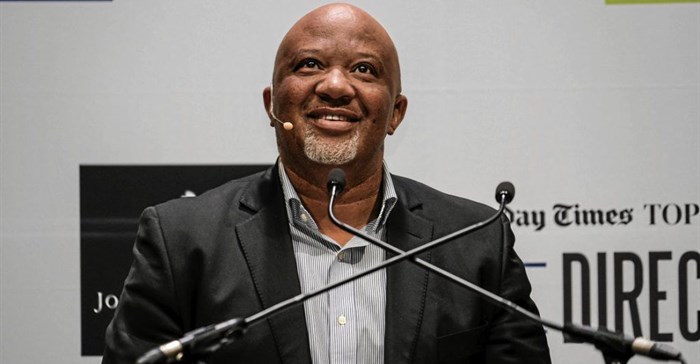The current weak economy is not part of a cycle; it is structural and reflects the space in which South Africa finds itself.

Mcebisi Jonas, former deputy finance minister
Having had two consecutive quarters showing no growth, South Africa now finds itself in a recession, And while the mining and agricultural sectors have improved, this is due to the commodity cycle upturn and the drought lifting in many parts of the region. In contrast, the tertiary sector has shrunk, with the trade sector falling due to a less consumption as consumers spend less. Footwear and clothing is down 12% while hotels and restaurants are down 9%. Banks are holding back credit on the face of further downgrades.
Over the past few years the country has grown 1%, while other emerging economies such as India, China and emerging Asia have grown 7%, with Africa, as a whole, growing 4%.
“We are, it can be argued, stuck in a low-growth scenario,” says Mcebisi Jonas, former deputy minister of finance, at the The Directors Event held recently in Sandton.
Three challenges
The reasons for this lack of growth are numerous. “We are too dependent on unreliable funding to fund our economy and so we are vulnerable to external shocks. The same can be said for Russia and Nigeria. Economies that are more resilient are more diversified with higher levels of value-added manufacturing value.”
The second challenge is that we have not invested in fixed capital sufficiently. “We sit at 18%, similar to Brazil and Turkey, while Asian countries are high to 30%.” Here, the question must be asked, why are big firms investing in China, and other countries, especially in areas such as mining. “Reasons include policy uncertainty, the costs of logistics and port handling, labour and broadband. For example, in South Africa labour costs outstrip production growth.”
The third reason is our inherited inequality. Societies that are unequal are slower growers as inequality generates reduced social and economic instability, but there is no quick fix. “Simple redistribution will not help; instead we need to focus on creating new assets and wealth. Efforts to reduce wealth and inequality have not helped and BEE has only created a layer of wealthy black people while real inequality has increased across all the groups.” He says.
“We need a new conversation around transformation and the instruments needed to make real transformation a reality,” he adds.
The last reason is the inability of the government to lead a structural reform programme. “The state has a key role to play and to lead this; instead it has demonstrated a lack of focus on policy, insufficient technical skills and knowledge in the state.”
Populism is unconstitutional
State capture has demonstrated government’s high levels of corruption. “Corruption drives up the cost of, for example, power. There has to be a concern for the bottom line through a zero tolerance for corruption.”
If we continue with our current model, we will increase spending pressures and this is not sustainability, he says.
The growing populism in the country stems from the low trust in society, and is a concern he says. “Populism is unconstitutional, but white monopoly has gained credit among politicians because it conjures up so many emotions. It denies risk, detracts attention and closes down space for democratic conversation. It appeals to desperate politicians and we have a few of them.”
As a country, we need the wisdom and courage to resist bullshit, he says, especially bullshit that threats to destroy the economy and divide us as a country. The country has a strong immune system, constitution, media and civil society as well as institutions such as the Reserve Bank. “These, together with opportunities, such as expanded growth with the rest of Africa, are what will stop South Africa from making a historic mistake. That and a change of leadership in the ruling party.”




































